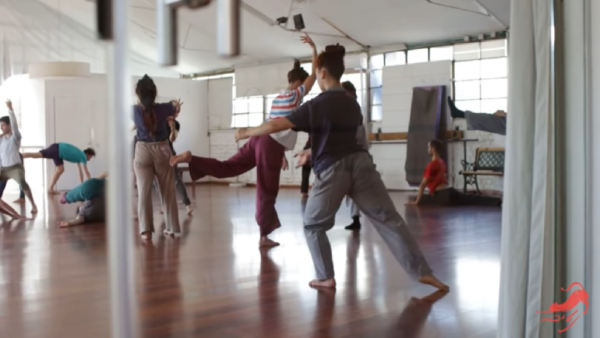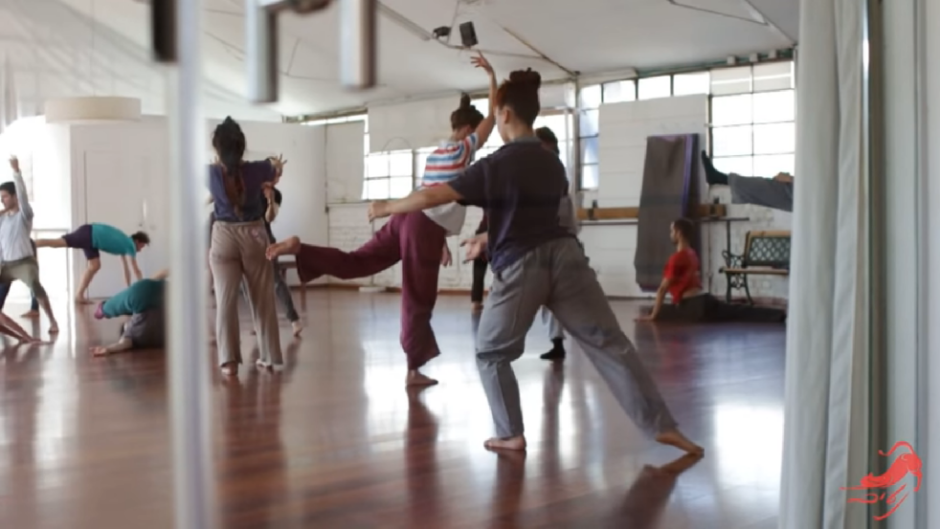An arts festival in Oslo, Norway, which focuses on gender identity and femininity has unjustly penalized six Israeli choreographers purely on the basis of their nationality. The Feminine Tripper Festival, which took place earlier this month, rejected their applications just because they are Israeli citizens.

Political correctness has reached a new low. Shame on the festival.
The Israelis in question — Maayan Cohen Marciano, Nitzan Lederman, Eden Wiseman, Adi Shildan, Roni Rotem and Maia Halter — received a three-paragraph letter from organizers Kristiane Nerdrum Bogwald and Margaret Slettebo regretfully informing them that, after “careful consideration,” they would not be invited to the festival.

“The reason that we have made this decision is that we cannot with a clear conscience invite Israeli participants when we know that artists from the occupied Palestinian territories struggle with very restricted access to travel to international art venues, and that they have little opportunity to communicate their art outside of the occupied territories.”
In this vein, they continued, “We also have reason to believe that the Israeli government at the moment used culture as a form of propaganda to whitewash or justify its regime of occupation and oppression of the Palestinian people.”

They added, “We appreciate your artistic proposal and hope to have the opportunity to invite you to Norway again once the political circumstances have changed. We hope that you as an artists will help raise awareness in your society about the concern that many of us artists and cultural workers around the world have about the brutal effects of the occupation on Palestinian artists and the rest of the population.”
To their credit, the Israelis did not react silently to this disingenuous letter.
Correctly calling the festival’s rejection “reverse discrimination,” they argued that artists should not be held accountable for the policies of their governments: “Would you reject a Saudi artist for Saudi restrictions on women’s rights? Would you reject an American artist for American policies regarding the ‘Muslim ban’ regulations?”

The Israelis also asked Bogwald and Slettebo whether their decision applied to Israeli Arabs and Jewish Israelis living abroad. The Norwegians replied they would address these issues in due course.
In the meantime, the Israelis have raised important points that deserve honest and thoughtful answers.
The issue at hand boils down to one compelling question: Should a person be ostracized by his or her nationality? This leads to related questions: Should a Palestinian from the Gaza Strip be boycotted because the Hamas movement brooks no dissent to its authoritarian rule? Should a Russian be excluded from an international conference due to President Vladimir Putin’s increasingly authoritative actions? Should a Chinese or North Korean citizen be banned because his or her autocratic government flouts the norms of human rights? Should a Vietnamese be subject to boycotts because Vietnam, one-party state, forbids democratic elections as well as free speech and assembly? Should a Canadian be lumped into the same category because Canada has historically oppressed its indigenous native population? And should an American be shunted aside because African Americans are often treated unequally?
The answer is that politics should not dictate a person’s eligibility to attend a festival, conference, or athletic competition.

As for Israelis, they should not be unfairly singled out for opprobrium and isolation simply because Israel’s policy is regarded as objectionable in some quarters. As Bogwald and Slettebo surely must realize, countless Israeli citizens oppose the actions of their government in the West Bank. Indeed, it would not be surprising if the six Israelis who were banned from the Norwegian festival belong to this group of dissenters. Is it fair and reasonable that they must pay such a heavy price for their government’s misguided policy toward the Palestinians?
In short, politics and culture do not mix. This should be the lesson drawn by Bogwald and Slettebo going forward.
